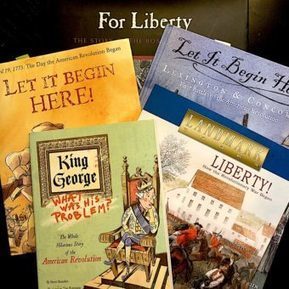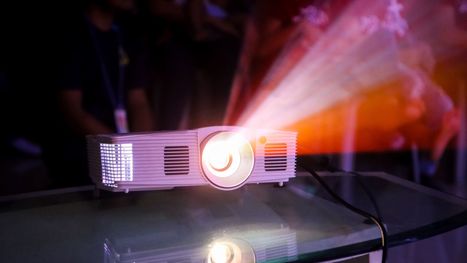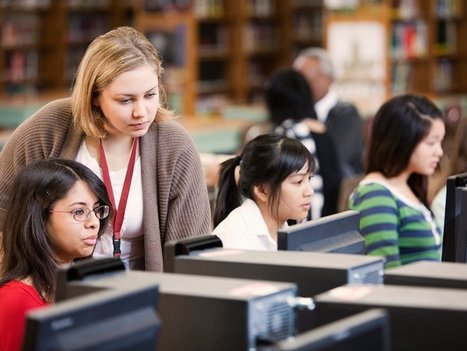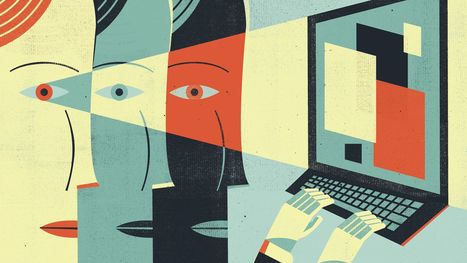When your students read, view, and listen to multiple sources on a topic or issue, do they tackle each source in a silo? Learning a little bit about this and a little bit about that but not really synthesizing the information from multiple sources?
Research and publish the best content.
Get Started for FREE
Sign up with Facebook Sign up with X
I don't have a Facebook or a X account
Already have an account: Login
Literacy in a digital education world and peripheral issues.
Curated by
Elizabeth E Charles
 Your new post is loading... Your new post is loading...
 Your new post is loading... Your new post is loading...
|

Mary Reilley Clark's curator insight,
April 10, 2017 2:57 PM
I look forward to hearing more from Paul Mihailidis. I love the idea of not just teaching students to critique news but to understand that they have agency. This quote reminds me of Paul Fleischman's work in Eyes Wide Open: "Media literacy needs to be about connectivity, about engagement — and it needs to be intentionally civic." (Emphasis added.) Let's make sure this generation understands this! |


















